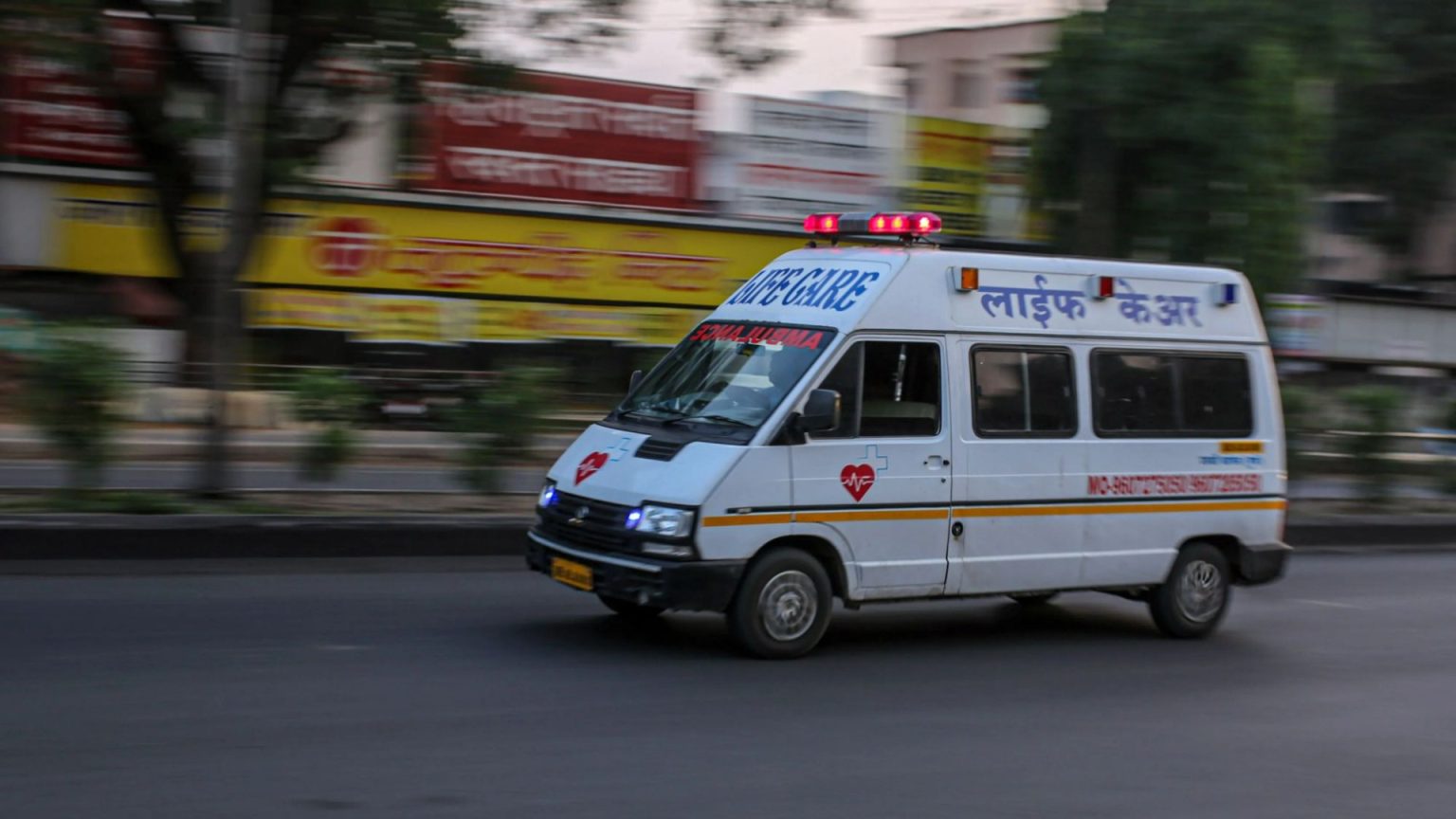A Mysterious Illness Claims Lives in Jammu and Kashmir
Between December 2023 and January 2024, a mysterious illness struck the remote village of Badhaal in Rajouri district, Jammu and Kashmir, India, claiming the lives of 17 individuals, including 13 children. The victims, primarily from three interconnected families, experienced symptoms initially resembling food poisoning, such as vomiting and diarrhea, followed by a sudden loss of consciousness. Some also reported sore throats and breathing difficulties. Tragically, six of the deceased children were siblings, aged between seven and fifteen. Medical examinations revealed damage to the brain and nervous system in all victims. Authorities swiftly declared the village a containment zone, quarantining 230 residents to prevent further spread. The winter holidays were also canceled as a precautionary measure.
Investigation into the Cause
A multidisciplinary team comprising police officers, pathologists, and other experts was assembled to investigate the cause of this devastating illness. Initial findings by Health Minister Jitendra Singh suggested the deaths were not attributable to any infection, virus, or bacteria, but rather pointed towards a possible toxin. Extensive testing for various toxins was underway, with authorities also investigating the possibility of malicious activity. Early investigations focused on contaminated food and water sources, particularly after a local spring water sample revealed traces of pesticides. Subsequent reports indicated organophosphate poisoning, stemming from exposure to chemical compounds found in pesticides, insecticides, and herbicides, as a potential cause. This theory gained traction after some hospitalized patients responded positively to an antidote for organophosphate poisoning.
Suspected Guillain-Barré Syndrome Outbreak in Maharashtra
Concurrent with the Jammu and Kashmir incident, a suspected outbreak of Guillain-Barré syndrome (GBS) emerged in Maharashtra, western India, primarily in Pune, claiming five lives and affecting over 163 individuals. GBS is a rare autoimmune disorder in which the body’s immune system attacks the peripheral nerves, leading to symptoms ranging from numbness and tingling to muscle weakness and, in severe cases, paralysis. The Maharashtra outbreak saw at least 21 patients requiring ventilator support and 48 admitted to intensive care. Investigations linked the outbreak to the pathogen Campylobacter jejuni, a common cause of foodborne infections and a known trigger for GBS, although the syndrome’s development after a Campylobacter infection is relatively rare.
Guillain-Barré Syndrome: A Closer Look
Guillain-Barré syndrome (GBS) is a serious neurological condition requiring immediate hospital treatment. While undercooked poultry is a common source of GBS globally, contaminated water can also transmit the disease. GBS affects sensory perception, movement, and vital functions like breathing and heartbeat. The symptoms usually progress over two to four weeks, starting with tingling, numbness, or pins and needles in the extremities, followed by muscle weakness and joint stiffness. Other symptoms include sharp, shooting pains, breathing difficulties, facial muscle drooping, swallowing or speech problems, and double vision. Although GBS can be fatal, with a mortality rate between 3% and 13%, most people recover fully with appropriate treatment.
Response and Prevention Efforts in Maharashtra
The World Health Organization (WHO) collaborated with Indian health authorities to manage the suspected GBS outbreak in Maharashtra. This included training in active case searches within affected communities to ensure early identification, diagnosis, and treatment of all suspected cases. Authorities conducted an extensive survey of over 60,000 households, collected 160 water samples for testing, and advised residents to consume boiled water and properly cooked fresh food as preventive measures. These actions aimed to contain the outbreak and prevent further cases of GBS.
Two Distinct Health Crises
While both incidents occurred in India and involved neurological complications, they represent distinct health crises. The Jammu and Kashmir cases remain shrouded in mystery, with investigations ongoing to pinpoint the exact causative agent, suspected to be a toxin. In contrast, the Maharashtra outbreak points towards GBS linked to Campylobacter jejuni infection. Both situations highlight the importance of robust public health infrastructure and swift response mechanisms to contain outbreaks and protect public health. The ongoing investigations in Jammu and Kashmir are crucial for understanding the nature of the illness and preventing future occurrences, while the GBS outbreak in Maharashtra underscores the need for heightened food safety awareness and prompt medical intervention.


